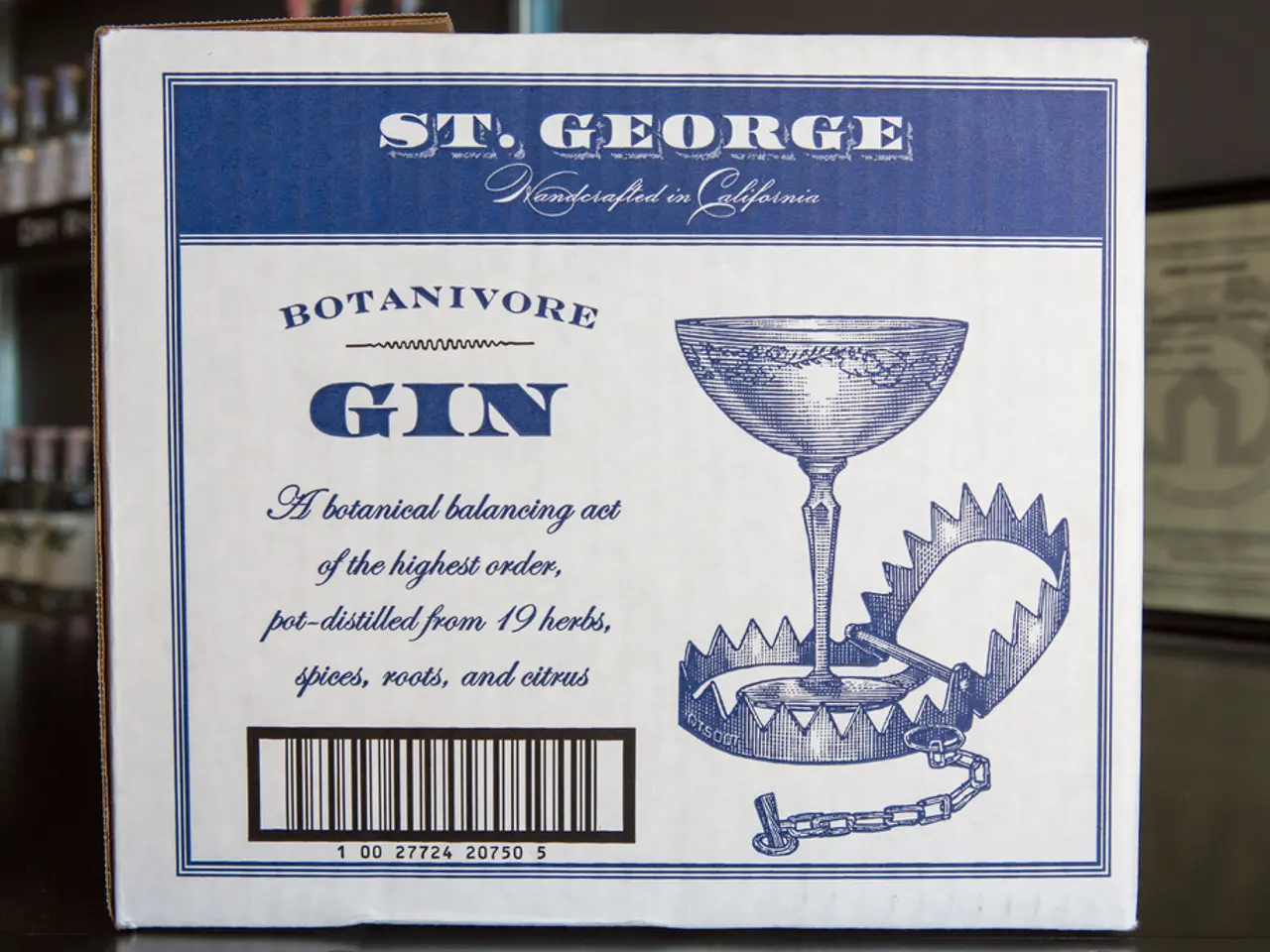Federal Administration Pursues Prohibition of 7-OH Goods
The Food and Drug Administration (FDA) is taking a stand against a potent opioid compound found in some everyday store products, known as 7-hydroxymitragynine (7-OH). This compound, derived from the kratom plant, is currently not approved by the FDA for any medical use and is illegal in dietary supplements or conventional foods [1][3][4].
The FDA has recommended that 7-OH be classified as a controlled substance under the Controlled Substances Act due to its high abuse potential and health risks. The compound is reportedly more potent than morphine, contributing to fears of a new wave of opioid addiction and overdose deaths [1][2][3].
7-OH is widely available in concentrated forms such as tablets, gummies, drink mixes, and shots, often sold at gas stations, convenience stores, vape shops, and online, without clear labeling and sometimes disguised as kratom products [1][3]. The FDA is particularly concerned that these products are attractive to children and teenagers because of their fruit flavors and marketing, raising significant public health concerns.
Clinical reports indicate an increase in dangerous health effects associated with 7-OH use. The FDA has issued warning letters to companies illegally selling 7-OH products and has published educational materials to inform consumers and healthcare professionals about the risks [1][3].
While the FDA has made these recommendations, the Drug Enforcement Administration (DEA) holds the final authority to officially schedule 7-OH. This involves a public rulemaking process before legal control is established. The DEA review and rulemaking processes are underway to finalize regulatory controls [1][3].
The focus is not on banning natural kratom itself, but rather the highly concentrated version of 7-OH believed to be behind recent reports of overdoses and hospital visits. The FDA wants 7-OH listed as a Schedule I drug, a category for drugs seen as having no accepted medical use and a high risk for abuse [1].
Health departments are working on new education programs and conducting more research to better understand the risks associated with 7-OH. The new education programs aim to shed light on the dangers associated with 7-OH, while the research will help in developing strategies to combat the growing health threat [3].
Doctors are expressing concern about the ease of access to products containing 7-OH, as they often come without proper instructions or safety labels. There is a growing worry that addiction to the drug could develop rapidly due to its potent effects [2].
Officials are seeing more and more cases of people ending up in the ER after using products with 7-OH, often without knowing they were taking a strong opioid-like substance [2]. The lack of regulation surrounding 7-OH products has turned a potential solution into a growing health concern [4].
In summary, the current regulatory stance is: - 7-OH is illegal in dietary supplements or foods. - FDA recommends scheduling as a controlled substance. - Enforcement actions target illegal sales. - There is an urgent public health concern due to 7-OH’s potency and availability in convenience store-like products. - DEA review and rulemaking processes are underway to finalize regulatory controls [1][3][4]. - The FDA wants 7-OH listed as a Schedule I drug. - The new education programs and research aim to shed light on the dangers associated with 7-OH. - The focus remains on the highly concentrated versions of 7-OH, which are causing harm, rather than natural kratom itself. - These new versions of 7-OH often have dangerously high concentrations and are unregulated, without proper warnings, dose information, or medical oversight.
- Concerns about chronic diseases, such as chronic kidney disease, mental health, and overall health and wellness have arisen due to the rise of unregulated therapies and treatments, like CBD and other substances.
- As the Food and Drug Administration (FDA) has expressed, these unregulated substances can pose a significant risk, especially when they are as potent as 7-OH, a compound found in some everyday products and known to be more potent than morphine.
- It's crucial to note that medical-conditions management could be impacted by the widespread use of unregulated substances, as cases of overdoses and hospital visits related to these substances, like 7-OH, are on the rise.
- In light of the growing concerns surrounding the unregulated use of potent substances like 7-OH, the emphasis should be on implementing stricter regulations and educating the public about the risks associated with these substances, ensuring that they are used safely and within approved medical guidelines.




